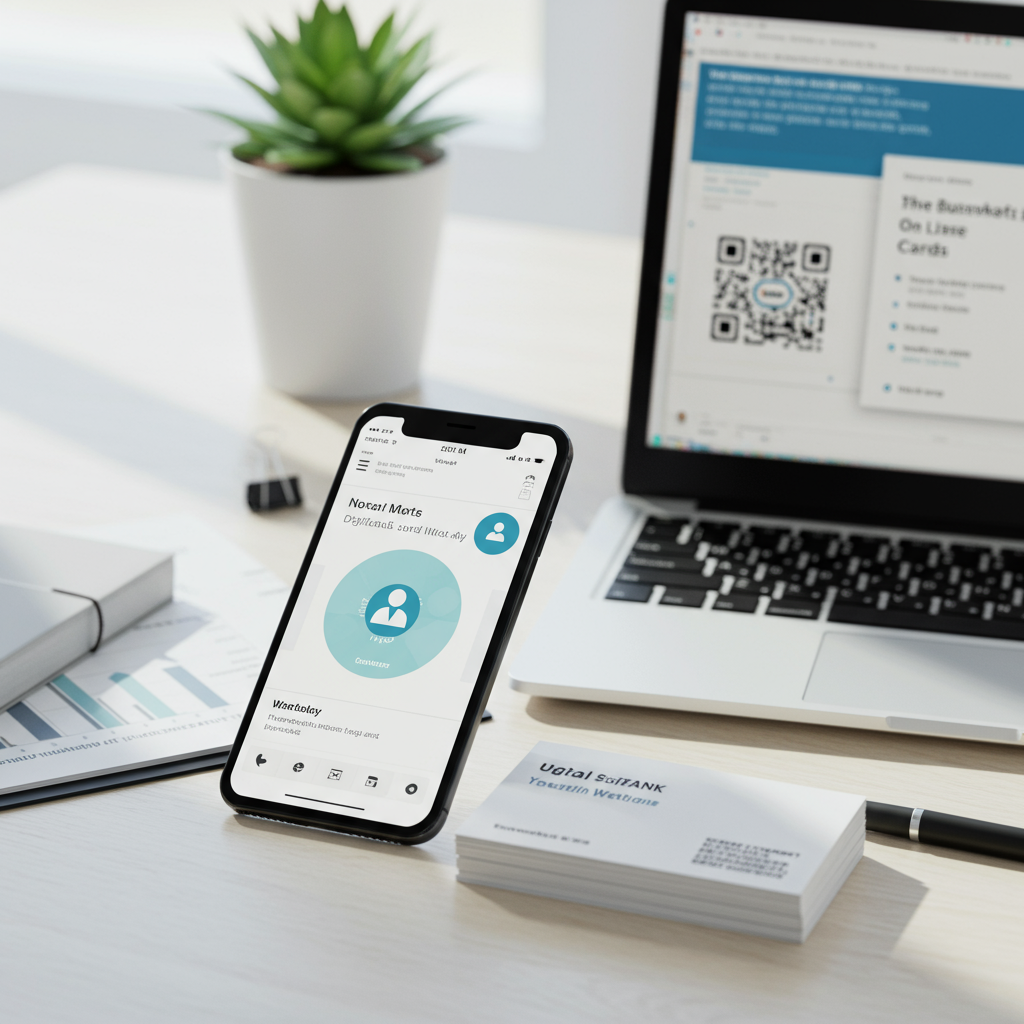7 Budget-Friendly Marketing Strategies for Small Businesses to Thrive
- Crafting an Effective Marketing Blueprint on a Budget
- Allocating a Smart Marketing Budget as an Investment
- Leveraging Local Resources for Business Growth
- Mastering the Art of the Elevator Pitch
- The Power of Business Cards in Digital Networking
- Building Connections Through Community Engagement
- Enhancing Customer Relationships for Long-Term Success
- Harnessing AI in Marketing for Small Businesses
Crafting an Effective Marketing Blueprint on a Budget
Developing a marketing blueprint is an essential first step for small businesses aiming to implement effective strategies without a hefty budget. A clear marketing plan serves as a roadmap, guiding you through various strategies and helping you make informed decisions. This plan should include comprehensive market research, a deep understanding of your customer demographics, and meticulous budget tracking to ensure you stay on course financially.
Market research involves analyzing your industry, competitors, and potential customer base, providing valuable insights needed to tailor your marketing efforts. Understanding your customer breakdown is equally crucial, allowing you to identify the best channels and messages to engage your target audience effectively. Budget tracking ensures you allocate resources wisely and avoid overspending.
Utilizing resources from the Small Business Administration (SBA) can be incredibly beneficial. The SBA offers numerous tools and guidance to help small businesses create effective marketing plans. By focusing on simplicity and actionability, your plan should prioritize low-cost strategies that have the potential to make a significant impact, thus maximizing your marketing success on a limited budget.

Allocating a Smart Marketing Budget as an Investment
For small businesses, a well-thought-out marketing budget is not just an expenditure; it’s an investment in future growth. Recognizing marketing as an investment rather than a cost is crucial for fostering a mindset that values strategic spending. To allocate your marketing budget effectively, consider the industry-specific norms. For instance, retailers typically allocate around 4% of their revenue to marketing, while restaurants might spend closer to 1.93%.
Balancing the costs with the potential return on investment (ROI) is vital. This means evaluating which strategies offer the highest returns and focusing your resources there. It’s important to maintain flexibility in your budget planning to adapt to changes in the market or unexpected opportunities that may arise.
Strategic spending on marketing can yield long-term benefits, such as increased brand visibility, a larger customer base, and higher sales. By investing wisely in marketing, small businesses can achieve substantial growth without breaking the bank, ultimately leading to a more sustainable business model.

Leveraging Local Resources for Business Growth
Small businesses often overlook the power of local resources in their quest for growth. Local SBA branches can play a pivotal role in providing support and guidance, offering resources that many small business owners may not be aware of. These branches offer a variety of programs, including mentoring and consulting, which can be instrumental in navigating the challenges of the business world.
One of the most attractive aspects of these resources is that many programs are offered for free, making them a cost-effective solution for small business development. Engaging with these programs can help you gain valuable insights into effective marketing strategies, financial planning, and operational excellence.
Additionally, leveraging local resources allows you to build a supportive network with other local businesses and organizations. This network can provide additional opportunities for collaboration, partnership, and community engagement, all of which can significantly contribute to your business’s growth and success.

Mastering the Art of the Elevator Pitch
An elevator pitch is a brief, persuasive speech that you can use to spark interest in what your organization does. It’s especially crucial for small businesses, as it plays a significant role in word-of-mouth marketing. Mastering the art of crafting a compelling elevator pitch can make a big difference in how you communicate your business's value to potential customers and partners.
The key to an effective elevator pitch is brevity; it should be no longer than 90 seconds. Focus on clearly articulating the benefits your products or services offer to the customer, rather than just describing what you do. This approach helps in engaging the listener by addressing their needs and interests directly.
Using the word "you" more than "I" in your pitch can foster a sense of connection and relevance, making the listener feel that the message is tailored specifically for them. This personalized approach not only captures attention but also encourages the listener to engage further, facilitating a dynamic word-of-mouth marketing strategy that can amplify your reach.

The Power of Business Cards in Digital Networking
Despite the digital revolution, business cards remain a powerful tool in networking. They serve as a tangible reminder of your brand, making them an essential asset for small business owners looking to expand their connections. Designing an attractive business card is easier than ever, with platforms like Vistaprint or Canva offering customizable templates that can reflect your brand’s identity.
In the digital age, the concept of business cards has evolved, with digital versions becoming increasingly popular. These can be shared seamlessly via email or text, ensuring that your contact information is easily accessible. Including a QR code on your digital or physical business card can enhance this convenience, allowing recipients to quickly access your website or social media profiles with a simple scan.
By integrating both physical and digital business cards into your networking strategy, you can ensure that your brand remains at the forefront of your contacts’ minds, facilitating stronger connections and potential business opportunities.

Building Connections Through Community Engagement
Community engagement is a cornerstone of successful marketing for small businesses. By actively participating in local networks, businesses can build strong relationships with both customers and other businesses, leading to increased brand visibility and credibility. Engaging with local businesses and community events provides numerous opportunities to connect with your audience on a personal level.
In today’s digital age, online community groups and forums also present valuable networking opportunities. Participating in these platforms allows businesses to engage with potential customers and industry peers, expanding their reach beyond geographical limitations.
Sponsoring or attending local events is another effective strategy for building connections. These events provide a platform to showcase your products or services while interacting with the community. By committing to community networking, small businesses can build a robust network of connections that can support growth and development in the long term.

Enhancing Customer Relationships for Long-Term Success
For small businesses, nurturing customer relationships is crucial for achieving long-term success. Providing personal experiences enhances customer loyalty, making customers feel valued and appreciated. By focusing on personalized interactions, businesses can build stronger connections that translate into repeat sales and referrals.
Implementing referral and loyalty programs is an effective way to reward loyal customers and encourage them to spread the word about your business. These programs not only increase customer retention but also attract new customers through word-of-mouth recommendations.
Giveaways and promotions can also play a significant role in engaging customers and boosting sales. These initiatives create excitement around your brand and encourage customers to interact with your products or services. By prioritizing personal interactions and customer-centric strategies, small businesses can build a loyal customer base that supports sustained growth and success.

Harnessing AI in Marketing for Small Businesses
Artificial Intelligence (AI) is revolutionizing the marketing landscape, offering small businesses innovative tools to enhance their marketing strategies. AI-powered tools provide a wealth of benefits, from automating mundane tasks to offering deep insights through real-time analytics. These tools enable small businesses to execute personalized marketing campaigns that resonate with their target audience, ultimately boosting engagement and sales.
For small businesses, AI represents a cost-effective solution that enhances efficiency. By automating data analysis and content creation, AI tools free up valuable time and resources, allowing businesses to focus on strategic growth initiatives. The ability to personalize marketing efforts at scale ensures that businesses can connect with customers on a deeper level without incurring significant costs.
As AI continues to evolve, its potential to transform marketing strategies only grows. Embracing AI can empower small businesses to compete with larger counterparts, making sophisticated marketing accessible and impactful. The future of marketing is undoubtedly intertwined with AI, offering exciting possibilities for those ready to harness its power.